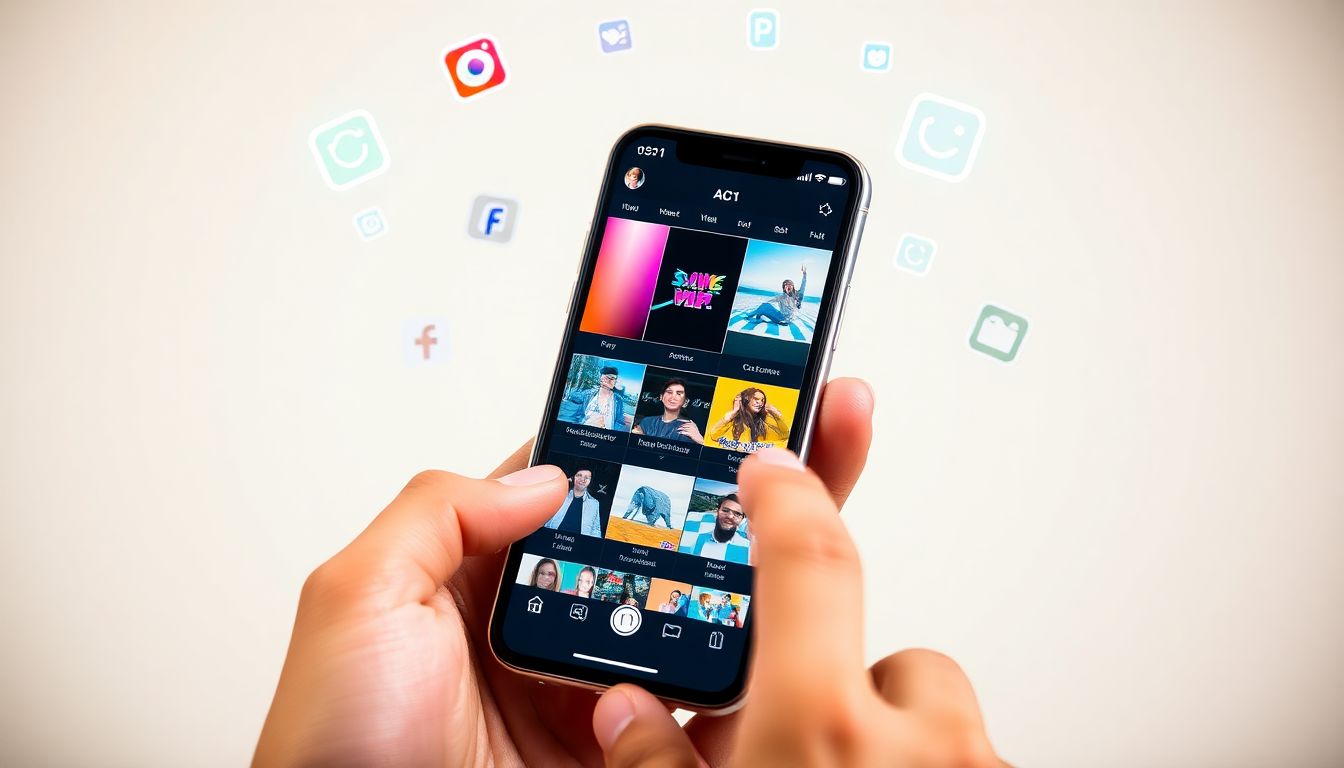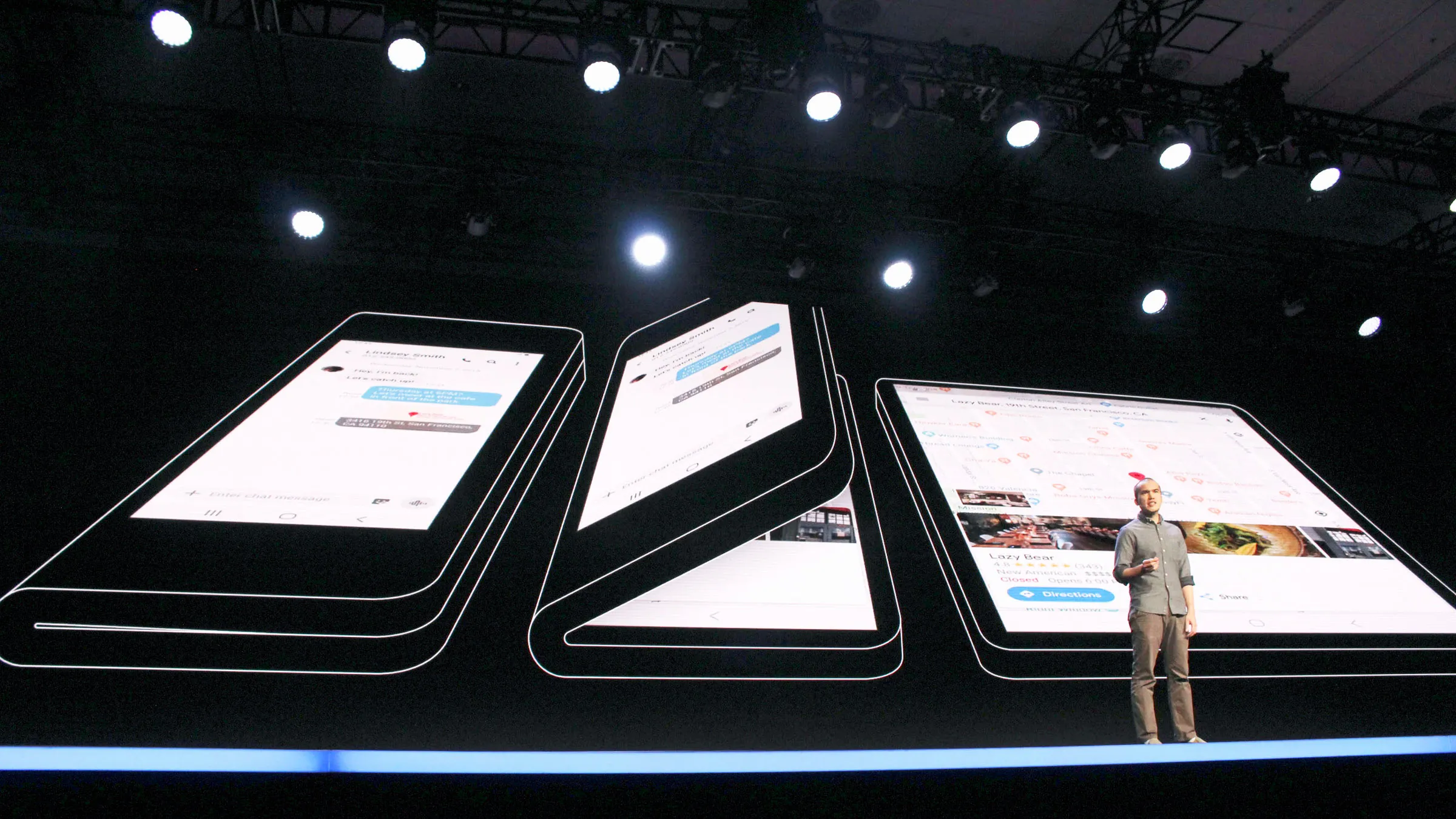The simplest answer is also the oldest: sex grabs attention. In a hyper-competitive digital age where attention spans are shorter than ever, content needs to stand out within seconds. Sexual imagery or suggestive messaging activates something primal in the brain. It’s hardwired into us. From a biological standpoint, sex is a core human drive, and that makes it instantly engaging. Whether it’s subtle flirtation or overt provocation, sexual content sparks curiosity, emotion, and sometimes even controversy — all of which keep people watching, clicking, and talking.
But it’s more than just about catching your eye. Sex taps into deeper psychological and emotional responses. It’s not always about the act itself — it’s about what it represents: connection, desire, confidence, identity, even rebellion. Marketers and media creators understand that when people feel emotionally moved, they’re more likely to remember a message, share it, or act on it. That’s why a brand can sell everything from burgers to perfume with the subtle (or not-so-subtle) promise that their product will make you feel sexy or desirable — and why it works.
“Sex sells, but when used thoughtfully, it can empower, connect, and inspire — not just provoke.”

Then there’s the cultural factor: taboo sells. Even as society becomes more open about sexuality, sex remains a point of tension. It toes the line between what’s acceptable and what’s provocative. That makes it fertile ground for content creators looking to stir up conversation. Media often thrives on controversy because controversy generates attention, which leads to engagement, which — in turn — leads to profit. It’s a business cycle driven by human nature.
And speaking of business — the bottom line is this: sex is profitable. Sexually charged content draws views, boosts ratings, sells products, and builds brand awareness. Media companies and advertisers are in the business of results, and when data shows that suggestive imagery or sensual storytelling outperforms more traditional methods, it becomes hard to resist the formula. Whether it’s a billboard campaign, a TV drama, or a pop star’s new music video, sexuality is often used not just to sell an item, but to sell an experience or aspiration — be that confidence, power, popularity, or love.
However, it’s not all harmless allure. The phrase “sex sells” has taken on a more critical tone in recent years, as society becomes more conscious of the negative effects of over-sexualization in media. Repetitive use of unrealistic, hyper-sexualized images — especially of women — can contribute to body image issues, gender stereotypes, and the objectification of people. It can reduce complex human identities to visual commodities, and for younger audiences especially, it can send confusing or harmful messages about worth and self-expression.
There’s also the issue of representation. For a long time, the way sex has been portrayed in national media has been through a narrow, often heteronormative and male-centric lens. This has led to a lack of inclusivity and diversity in how intimacy, desire, and sexuality are shown. The good news is that we’re starting to see a shift. With the rise of independent creators, social media influencers, and more socially aware production houses, there’s growing demand for authentic and respectful representations of sexuality. People want to see intimacy that reflects real relationships, varied bodies, LGBTQ+ experiences, and empowered choices — not just sex as a sales tactic.
So, does sex still sell? Undeniably, yes. But how it sells — and what it sells — is starting to evolve. The best media and marketing campaigns today are those that respect the intelligence and diversity of their audience. They understand that sex doesn’t have to be shallow to be effective. It can be artistic, empowering, funny, emotional, or deeply human — and still capture attention.
In the end, the enduring power of sex in media isn’t about shock value alone. It’s about its ability to connect with people on an instinctive, emotional level. When used thoughtfully, sex can be a meaningful form of expression. But when it’s exploited, it becomes a shortcut that cheapens the message and alienates the audience. And as audiences become more media-savvy and values-driven, the industry will need to adapt — or risk becoming noise in a world that’s no longer impressed by the same old tricks.













